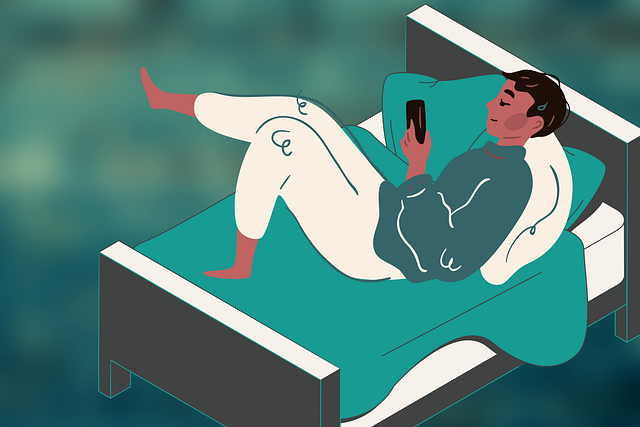Charleston, WV introduces a Telemarketer Rating System to align with No Call Laws, curbing excessive calls and promoting ethical business conduct. Residents can restrict telemarketing, report abusive calls, and consult a lawyer for No Call Laws West Virginia for legal guidance and protection from penalties. Businesses must secure consent, honor do-not-call requests, and maintain records to avoid significant fines while fostering positive customer relationships.
Charleston, West Virginia, has made strides in protecting residents from unwanted telemarketing calls with the implementation of a unique rating system. This innovative approach aims to balance businesses’ marketing efforts with consumers’ privacy rights. The article delves into Charleston’s strict telemarketer regulations, highlights the need for such a system to safeguard West Virginia residents from excessive no-call law violations, and explores the practical implications for both businesses and consumers. For those seeking guidance on navigating these laws, consulting a lawyer specializing in No Call Laws West Virginia can be invaluable.
Understanding Charleston's Telemarketer Regulations

Charleston, West Virginia, has implemented a unique Telemarketer Rating System to regulate and monitor phone sales activities within its borders. This system aims to protect residents from unwanted or excessive telemarketing calls while fostering responsible business practices. Understanding these regulations is crucial for both businesses and consumers alike.
The city’s rules are designed to uphold the rights of West Virginia residents as defined by the state’s No Call Laws. These laws grant citizens the right to limit telemarketing calls, and Charleston’s rating system serves as a tool to enforce this. Businesses operating within Charleston must adhere to strict guidelines, including obtaining proper consent for calling, respecting do-not-call requests, and maintaining accurate records of their marketing efforts. Consumers can rest assured that these measures are in place to ensure a more peaceful and private living environment. For those seeking legal counsel regarding No Call Laws or facing issues with telemarketers, consulting a lawyer specializing in this area is advised.
The Need for a Rating System: Consumer Protection

In an era where telemarketing calls have become a ubiquitous part of daily life, consumer protection has emerged as a paramount concern. West Virginia, like many states, has implemented “No Call” laws to address the inundation of unwanted calls, aiming to give residents control over their phone lines. However, enforcing these regulations can be challenging without a robust system in place to rate and monitor telemarketers’ adherence to the rules.
A well-designed rating system is essential to safeguard consumers from aggressive or persistent telemarketing practices. By assigning scores based on call frequency, compliance with “No Call” lists, and consumer feedback, Charleston can create a transparent mechanism. This system empowers residents to report abusive calls and allows authorities to take appropriate action against violators, ensuring that the laws are respected and consumers’ rights protected.
Implementing and Enforcing the No Call Laws in West Virginia

In West Virginia, implementing and enforcing the No Call Laws is a stringent process designed to protect residents from unwanted telemarketing calls. These laws are strictly adhered to by regulators, and violations can result in significant penalties for offenders. A lawyer specializing in No Call Laws West Virginia is an indispensable resource for businesses aiming to navigate this regulatory landscape successfully. Their expertise ensures compliance with state regulations, minimizing the risk of fines or legal repercussions.
By employing a legal professional well-versed in these laws, companies can develop and implement effective do-not-call practices. This includes obtaining explicit consent from consumers before making any telemarketing calls, maintaining comprehensive records, and respecting consumer choices to opt out. Such precautions not only avoid legal troubles but also foster positive relationships with customers by demonstrating a commitment to their privacy and preferences.






